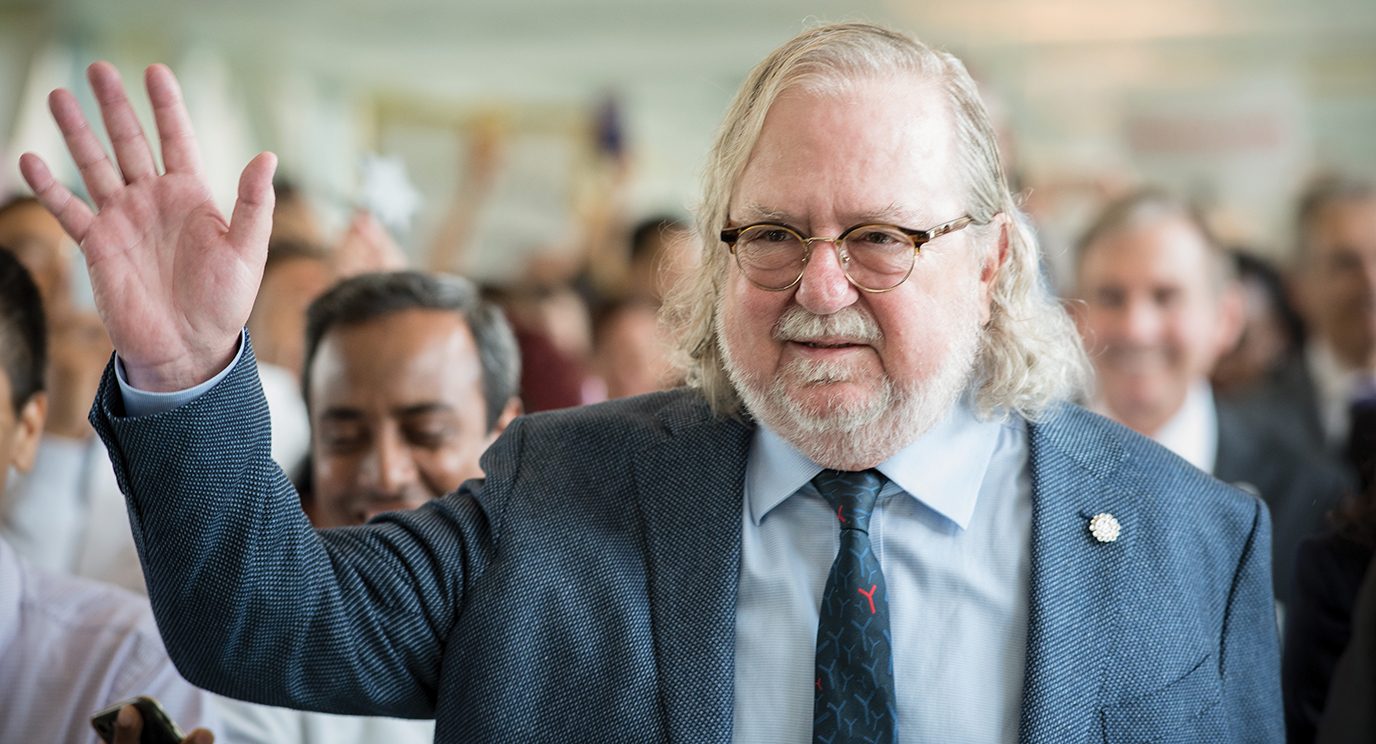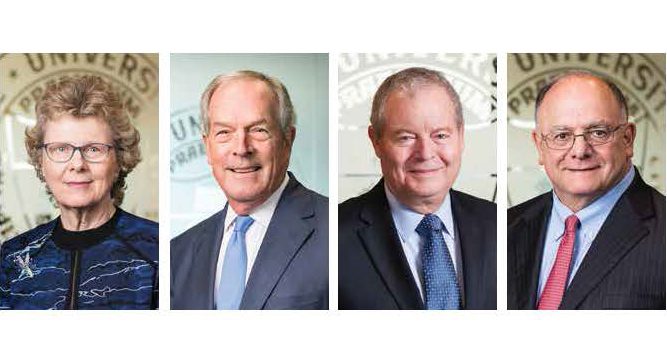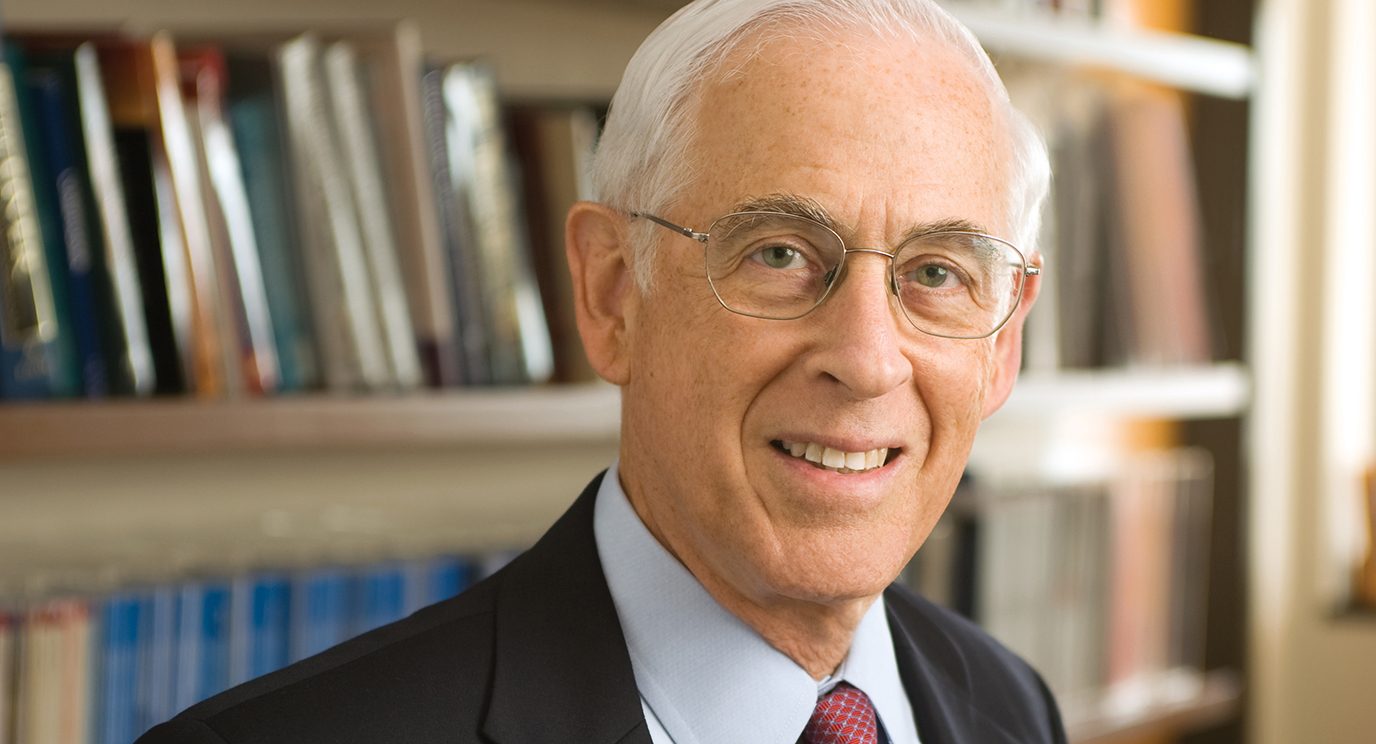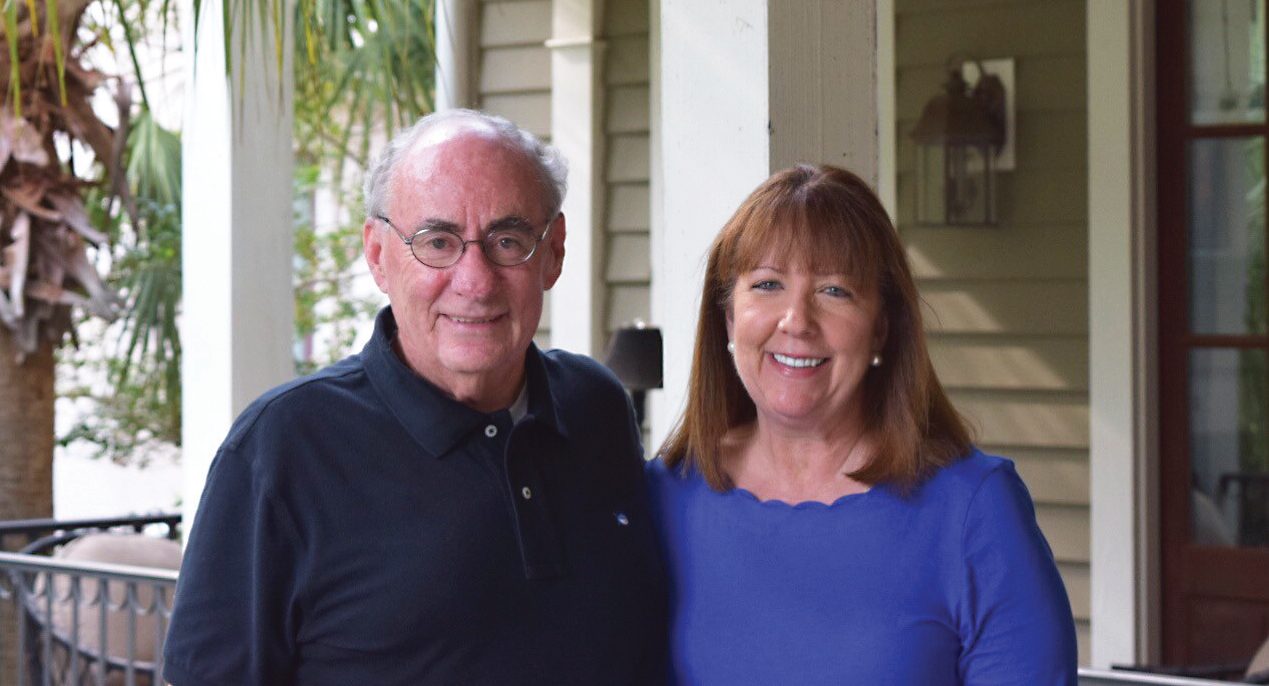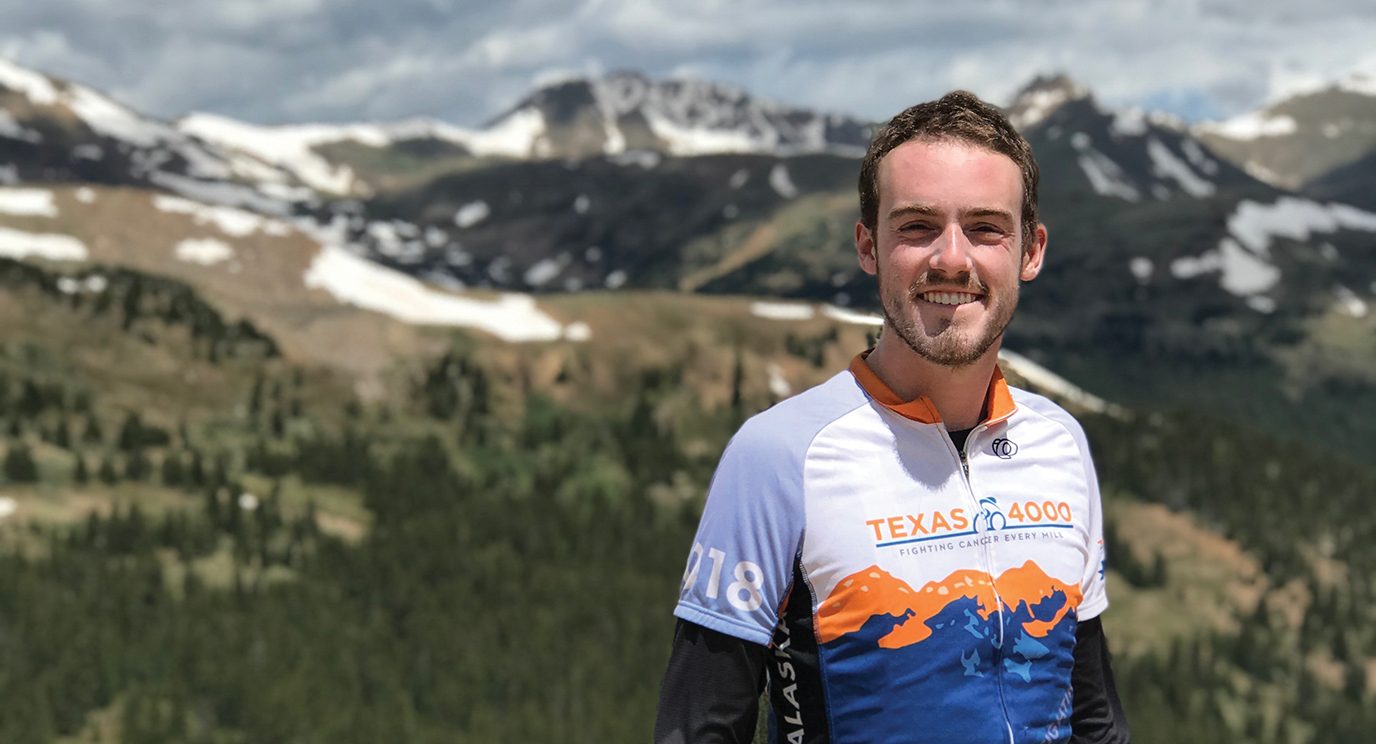MD Anderson program provides education, training for careers in cancer science and medicine
Pipeline program promotes diversity among oncology professionals
As a boy growing up in Houston, Devin Brown never imagined he would walk through the doors of MD Anderson Cancer Center as a participant in its Summer Research Program. This career pipeline program, which places STEM-oriented students in faculty research laboratories, is part of a larger offering of academic programs within the institution's Partnership for Careers in Cancer Science and Medicine.
Today, Brown, 19, who is a sophomore at The University of Texas at Dallas, aspires to become a cardiologist or a neurosurgeon. The neuroscience major recently participated in the 10-week Summer Research Program for the second year in a row. The program supplied him with a stipend, his own lab coat, a faculty mentor to collaborate with on a project and even the opportunity to observe a surgery.
Brown is one of many students impacted by MD Anderson's Partnership for Careers in Cancer Science and Medicine. Michelle Barton, Ph.D., dean of the MD Anderson Cancer Center UTHealth Graduate School of Biomedical Sciences, and Elizabeth Travis, Ph.D., associate vice president for Women and Minority Faculty Inclusion, lead the program.
“Our vision for this pipeline program is to build a diverse and inspired community of cancer researchers and clinicians who leverage outstanding training to end cancer,” says Barton.
The initiative provides valuable hands-on academic and laboratory experiences to students who belong to underrepresented groups in cancer science and medicine. The program incorporates all sectors of the academic pipeline by partnering with local high schools, colleges, universities and medical schools. It's open to high school students, undergraduates, graduate students, postdoctoral fellows and early-career faculty. The singular goal: to encourage, support and expand the diversity of professionals in oncology.
“Study after study has shown that the more diverse a community is and the more diverse a group is, the more effective they are,” says Travis. “Success is built on a diverse community.”
Both women believe it's crucial to build MD Anderson’s oncology teams to reflect the diversity of Houston’s culture.
“People like to see people who look like them,” says Travis. “Patients like to see physicians who look like them.”
Travis and Barton are both first-generation college graduates, so they understand the circuitous route many first-generation students are up against. Both held various summer jobs to put themselves through college: Travis worked as a cashier and shelf-stocker in several grocery stores, and Barton worked at Walmart and in a factory. Their own personal experiences and the similar difficulties many of today’s students encounter inspired them to launch the pipeline for students in 2017.
“We thought, what if we had been able to do the type of science that we are doing now during the summers when we had to work?” says Barton. “What if we could give students an opportunity to earn money and be embedded in the research labs?”
So they did just that. Today, the Partnership for Careers in Cancer Science and Medicine consists of six components:
- Summer Research Program for Graduating High School and Undergraduate Students
- One-Year Pre-Baccalaureate Program
- One-Year Post-Baccalaureate Program
- Support for Ph.D. Students and Postdoctoral Fellows
- Summer Research Program for First-Year Medical Students
- Clinical Electives for Upper-Level Medical Students and Residents
Each component is designed to give participants the chance to establish the broad representation of experience and viewpoints the workforce needs to gain a competitive edge over cancer.
Rewind about seven years, when Brown, then 12, became interested in science, specifically the intricacies of human anatomy. He would accompany his mom as she attended EMS classes. The other students would use Brown as a practice dummy. As he lay on the stretcher, hooked up to the EKG, he thought about the scientific advances that made it possible to sustain life even though a patient could be so close to death.
“I wanted to be the doctor who would help take care of the patient at the other end,” says Brown.
The program positions Brown one step closer to his dream job. This summer he worked with his faculty mentor, Pratip Bhattacharya, Ph.D., associate professor of Cancer Systems Imaging, on a project to develop a noninvasive screening method for colorectal cancer — a project that could potentially lead to higher rates of early detection for colorectal cancer.
As Brown's mentor for the past two summers, Bhattacharya has watched him grow and has seen him take initiative and follow through — even earning his animal-handling certification.
“He has a bright future in front of him,” says Bhattacharya.
The Partnership for Careers in Cancer Science and Medicine has allowed Brown to play a role in Making Cancer History®, one he hopes to expand over the years through his continued participation.
“It’s benefiting the whole community by having an inclusive program for more students to go directly from high school to the MD Anderson pipeline,” says Brown. “Just expanding that would have tremendous effects because students would be able to see not only themselves in this professional, scientific setting, but also more people like them.”
The Partnership for Careers in Cancer Science and Medicine is seeking endowments to enable these initiatives to continue in perpetuity — expanding the diversity of MD Anderson's workplace by mentoring students like Brown for decades to come.
